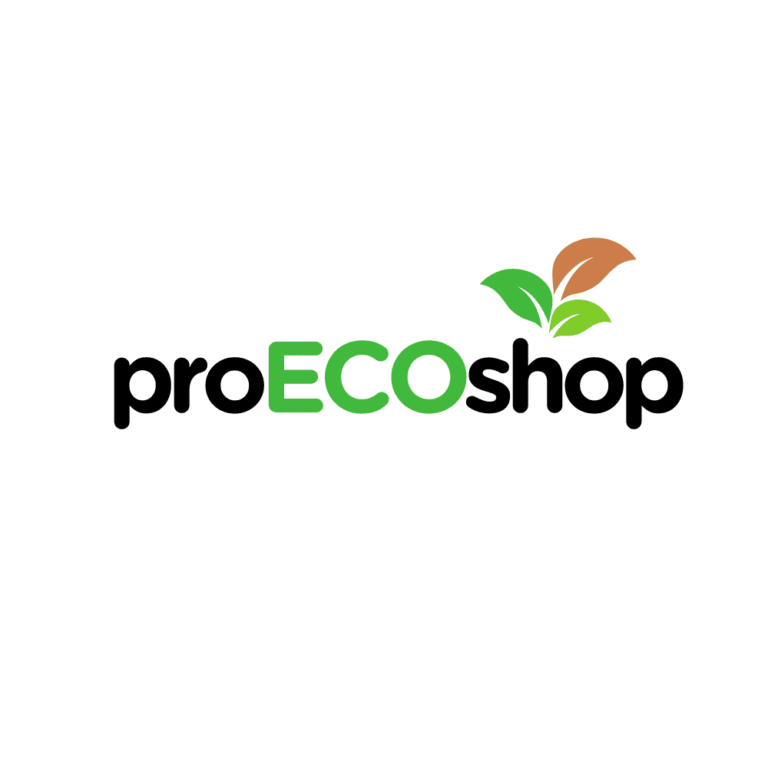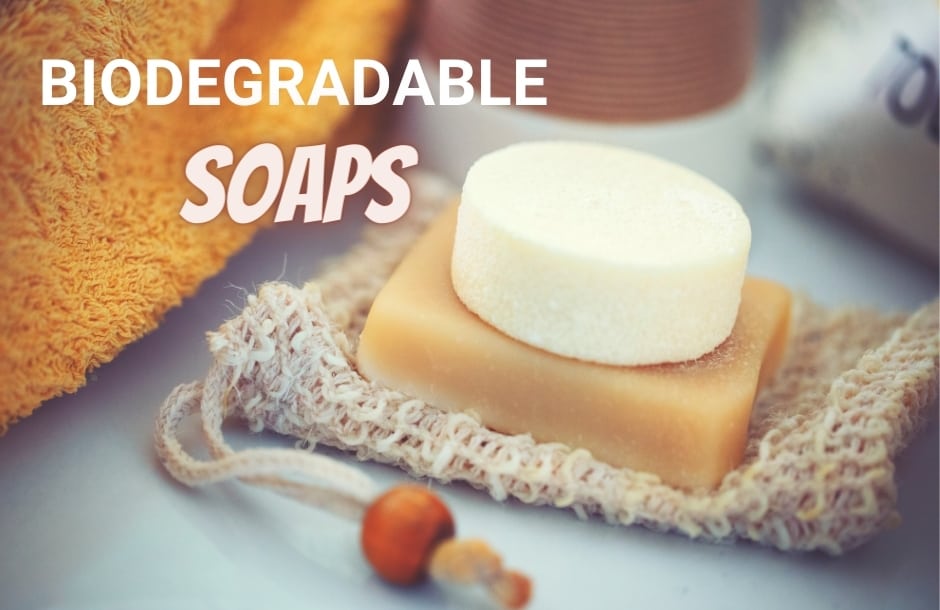A SUSTAINABLE WAY TO CAMP
These days people are getting more protective and conscious of the need to preserve and help save our planet from pollution and other problems. One thing that all of us use likely every day is the soap for cleaning our bodies, our clothing, our homes and more. In fact, statistics say Americans can go through at least 13 bars of soap every year.
But a lot of that soap can put harmful chemicals into the environment, so how can someone stop this from happening? The answer is to start using biodegradable soaps.
What is biodegradable soap?
Biodegradable soap is a type of cleaning agent which will break down and decompose in a natural way over a period of time. These biodegradable soaps come in all kinds of special formulations. These can include biodegradable soaps to use on babies since children’s skin is more sensitive than adults’ skin. They are nontoxic, non-scented, and have no kind of additives or harmful chemicals to hurt a baby or dry out their skin.
How can biodegradable soap be used?
They can be used by anyone, but are especially handy and good for people who go camping, hiking or backpacking. There are types of biodegradable soaps that can be used for cleaning your face, your body, your hair, as well as your clothing and dishes too.
These products are also organic and eco-friendly. They contain natural oils like peppermint or lavender so they also can smell nice. There are also special oils for soaps for campers to help them relax after a long hard hike in the wilderness, to include tea tree oil and eucalyptus oil, as well as almond oil or jojoba oils. What could be nicer than a soothing foot soak after you stop for the day and set up your camp!
And then there are the biodegradable soaps to wash material things like clothing or dishes. They are specially formulated and contain no harsh chemicals or additives that would hurt the environment. Some have special ingredients like citronella, which if you wash your clothing in it would ward off mosquitoes.
Types of Biodegradable Soaps
Some soaps are more biodegradable than others. Three kinds of soap fit into this category:
- Bars – Many soap bars can be biodegradable if they were made via natural components. One common component in bars of soap is sodium hydroxide, as it reacts with the natural oils we mentioned previously to cause it to turn into soap. Be aware though, that bars of soap could have non-biodegradable components if they contain any type of fragrance or color-producing ingredient like dyes. Many are also sold in cardboard containers, and these also break down eventually.
- Soap sheets – These soap sheets are usually made with natural components like various types of oils as well as glycerin, which makes the sheets dissolve when they get wet. These sheets break down easily and can even be utilized for fertilizer as they decompose. Plus they are gentle to skin and don’t make as much suds.
- Soap wipes – There are also wipes that contain soap, and they too are biodegradable if they are not made with things like plastic or other non-biodegradable components. Glycerin is used in these as well to help them dissolve. Some are composed of ingredients like cotton, bamboo or linen.
What are the benefits of biodegradable soap?
1. Using biodegradable soaps such as the ones above is much better for both the Earth as well as its creatures. Since it has no harmful or synthetic ingredients such as parabens, triclosan, phthalates, petrochemicals, or phosphorus, it won’t irritate your skin. Plus some doctors believe that those additives and chemicals could cause several types of cancer.
2. Biodegradable soaps won’t hurt our water sources. Every time you use soap, the leftover dirty water drains into our waterways such as the rivers, lakes, creeks and on to the oceans. Regular nonbiodegradable soaps leach harmful ingredients, which can kill fish as well as other creatures, besides the fact that it hurts the soil and therefore gets into our food chain.
3. Biodegradable soaps also moisturize better since they usually contain glycerin. This is a natural fat that exists in plants. Commercial soap products tend to remove glycerin because it lowers the shelf life.
4. Some biodegradable soaps are vegan and many of these companies that make them don’t test them on animals, so they are cruelty-free. That’s great for the animals as why should we harm our fellow creatures just to see if a soap product works?
5. Even the packaging is sometimes biodegradable. They are packaged in many cases without lots of plastic or other non-biodegradable substances.
6. And you could be supporting smaller, local businesses, as much of the biodegradable soaps are made in small farms, etc.
Is it safe to use biodegradable soap while camping?
Yes, the best kind of soap to use while camping is biodegradable soaps for many reasons. Firstly, it’s better for the Earth since the ingredients are natural. This means it can be broken down by bacteria and decompose easily. Regular soaps have lots of chemicals that hurt the Earth, so when you go camping (and even other times if possible) you should use biodegradable types of soaps.
If you don’t, your campsite runoff from the nonbiodegradable soaps could do things like poison and kill fish and other water creatures, as well as kill plant life. It also ultimately affects humans since it poisons the water and makes it undrinkable.
However, be aware that even if the soap is biodegradable, some types of soaps shouldn’t be used near waterways, so you shouldn’t use them while camping. These soaps will eventually decompose, but you need to use them at least 200 feet away from the waterway.
Soap can additionally pollute the air, another reason why to use biodegradable soap while camping and at other times whenever possible. This is due to the release of bad chemicals if the soap is burned, which then can cause someone around it to get respiratory issues as well as it can contribute to causing climate change.
Foamy suds can be produced by some types of detergents and soaps, so these shouldn’t be used when camping. It remains on the water’s surface a long time and suffocates and poisons water life and plants because it blocks the oxygen as well as the light.
Plus some non-biodegradable soaps cause green algae to form on the water, which also destroys the eco-balance because algae thrives on ingredients like phosphates, percarboxylates or phosphonates sometimes used in non-biodegradable soaps and detergents.
Additionally, the nonbiodegradable soaps could have bleach or chlorine in them, which produces dioxins and furans, and these have been shown to cause birth defects as well as some kinds of cancers.
What is the difference between biodegradable and non-biodegradable soap?
When it comes to knowing the difference between biodegradable and non-biodegradable soaps most of the latter contain things like parabens, petrochemicals, phthalates and other kinds of solvents that do not decompose easily. But the biodegradable soaps have all-natural ingredients, with no artificial colors or scents, and they decompose easily. They can be broken down by natural fungi and bacteria and don’t leave any toxins or poisons and turn into natural components like carbon dioxide and water.
Thankfully, Congress did try to remedy some of the issues with nonbiodegradable soaps containing these horrible polluting components. They passed the Clean Water Act in 1972. This act made soap manufacturers stop using some of the most horrendous components. Sadly though, in 1996 this act got watered down to some degree, which lessened the protection of our waterways.
Where can I buy biodegradable soap?
It isn’t hard to find places to buy biodegradable soaps. You can find them in many stores both online (Amazon has a lot to choose from) and offline, as well as sold by specialty shops, some farms, and even a few varieties can be seen in regular grocery or department stores. Just be sure to read the labels and check for any harmful chemicals listed. Instead look for natural components like natural essential oils, potash, and glycerin.
Takeaways
All in all, people today can do their part to help protect the environment by using biodegradable versus non-biodegradable soaps whenever possible.
All of us have an obligation to do whatever we can to protect the Earth. We only get one Earth, so let’s bring green living to camping!

